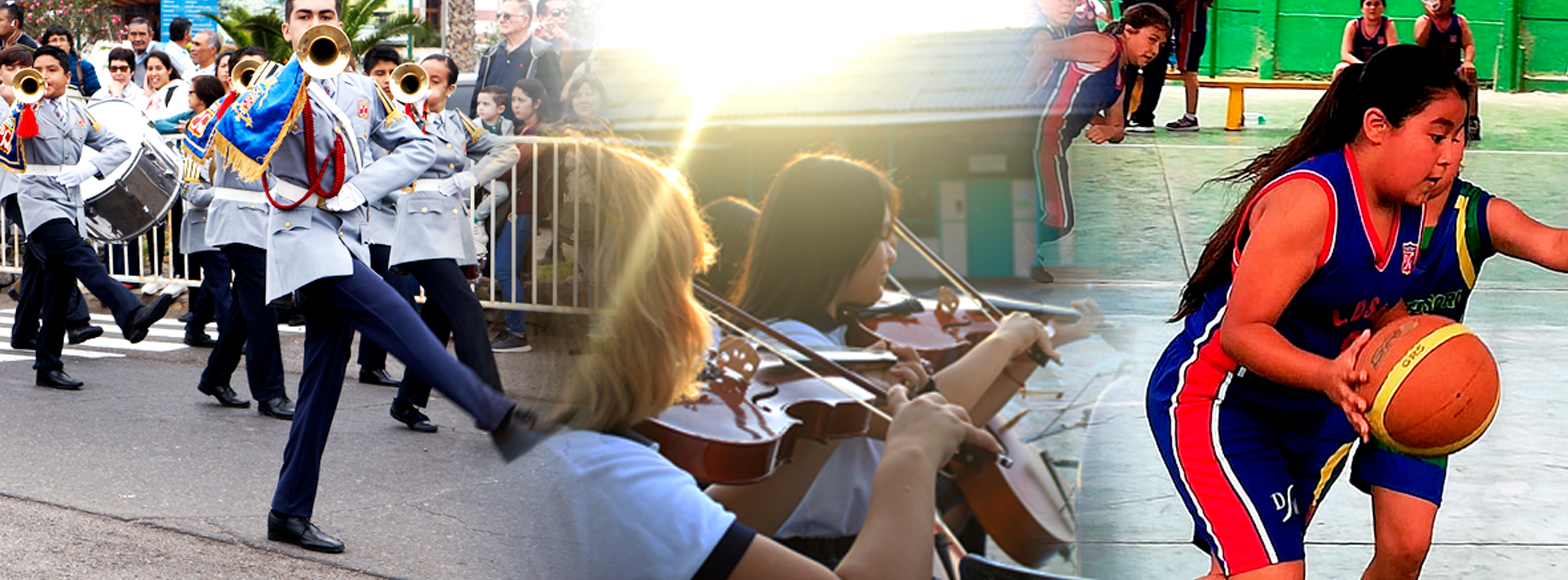Casinova’s Guide to Psychological Warfare at the Poker Table
In the thrilling world of poker, success hinges not just on the cards you hold but also on your ability to read and deceive your opponents. Psychological warfare at the poker table is an essential skill, allowing players to gain the upper hand through strategies that manipulate perceptions and emotions. This article will delve into various tactics that can be employed to elevate your game, ensuring that you play both safely and correctly.
Understanding the Basics of Poker Strategy
Before diving into advanced psychological strategies, it’s crucial to grasp the fundamental principles of poker. While luck does play a part, skill and strategy are what separate the winners from the losers. Here are some key points to consider:
- Know the Rules: Familiarize yourself with the rules of the game, including hand rankings and betting structures.
- Bankroll Management: Set a budget for your gambling activities to avoid significant losses.
- Game Selection: Choose tables where you feel confident against the competition.
Reading Your Opponents
One of the most essential aspects of poker psychology is the ability to read your opponents. This involves observing their behaviour, betting patterns, and emotional responses. Here are some strategies to help you improve your observational skills:
Body Language
Understanding body language can provide valuable insights into your opponents’ hands. Look for signs of nervousness or confidence:
- Eye Contact: A player who avoids eye contact may be hiding a weak hand, while a confident player may maintain eye contact.
- Posture: Tense posture often indicates anxiety, while relaxed posture can suggest a strong hand.
Betting Patterns
Pay attention to how your opponents bet in different situations:
- Aggressive Betting: A player who frequently raises may be bluffing or holding a strong hand.
- Passive Behaviour: Players who check or call often may have weaker hands.
Deception Techniques
To be successful in poker, you must also master the art of deception. Here are some effective techniques for misdirecting your opponents:
Bluffing
Bluffing is a fundamental aspect of poker deception. Successfully executing a bluff requires a solid understanding of your opponents and the game dynamics:
- Timing: Choose the right moment to bluff, such as when the board is favourable for a strong hand.
- Consistency: Maintain a consistent betting pattern to make your bluff believable.
Reverse Tells
Another advanced technique is to use reverse tells to mislead your opponents. This involves displaying behaviour that suggests weakness when you actually have a strong hand:
- Acting Uninterested: Pretending to be disinterested in the game can lead opponents to underestimate your hand strength.
- Small Bets: Placing small bets can suggest weakness, enticing opponents to call or raise.
Maintaining Personal Responsibility
While employing psychological strategies, it’s imperative to maintain personal responsibility when engaging in poker. This ensures a safe and enjoyable experience:
- Set Limits: Establish clear limits on how much time and money you are willing to invest.
- Stay Sober: Avoid substances that impair your judgement to keep your decision-making sharp.
- Know When to Walk Away: Learn to recognize when to leave the table, whether you’re winning or losing.
Conclusion
Mastering psychological warfare at the poker table requires practice, patience, and discipline. By honing your ability to read opponents and employing effective deception strategies, you can significantly enhance your chances of success. Remember, the key to being a successful player lies not only in having good cards but also in outsmarting those around you. With techniques inspired by the mindset of Casinova, you can elevate your poker game to new heights while playing responsibly.


